


The project is the fifth phase of a series located in the Arabian Peninsula for the enhancement of agricultural production systems and the conservation of natural resources. This phase focuses on diffusion of technologies packages developed to reduce climate change effects on the environment and agricultural production to enhance the livelihoods of local communities.
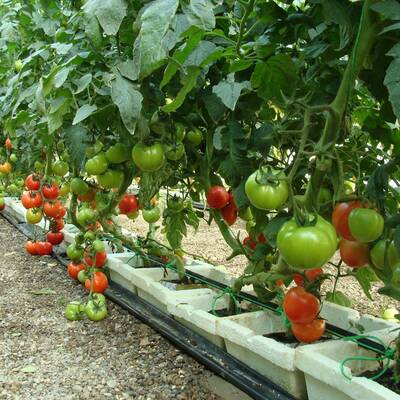
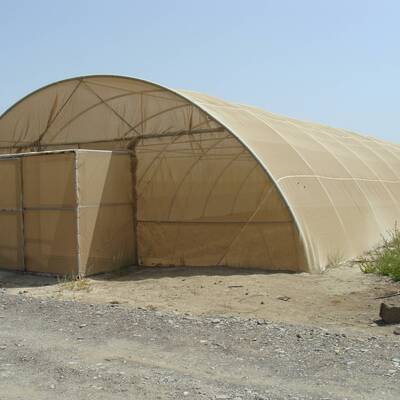

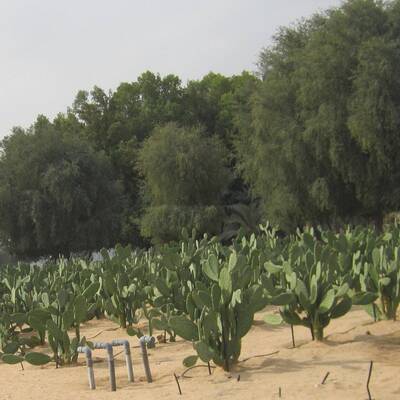
The goal of the project is to develop agricultural production systems, enhance food security, conserve natural resources, and improve rural livelihoods in the Arabian Peninsula.
The objectives of the project include: stopping the deterioration of agricultural lands, conserving the environment and natural resources, addressing the negative impacts of climate change, identifying biological diversity areas that require protection, increasing efficiency in using wastewater, publicizing the use of integrated irrigation systems, and developing cooperation among the agricultural research centers in the countries.
The project aims to improve agricultural sustainability in those areas where climate change is heavily affecting food security and the status of the natural resources. This will be possible through the development and diffusion of technology packages.
UPDATES
In 2020, 670 tons of basic seed, 77,150 tons of certified seed, and 2,367 tons of quality declared seed were produced in six target countries, which is sufficient to plant around 1 million ha. Sudan’s bumper harvest that year produced 1.15 million tons of wheat and ICARDA and its partners worked to improve the sustainability of wheat production with proper input management and diversified rotations.
In 2020/21, Sudan increased its area planted with wheat to 375,000 ha - an 87% increase compared to the 2017/18 cropping season, with expected production of 1.35 million tons - a 135% increase compared to the same time period. Similarly, Ethiopia continued expansion of irrigated wheat production by 180,000 ha in Amhara and Oromia States spearheaded by the government. As a result, Ethiopia is now harvesting an additional 800,000 tons of wheat and covering half the amount that would usually be imported.
In 2021, The Technologies for African Agricultural Transformation (TAAT) project, implemented by ICARDA and funded by the African Development Bank, continued to scale-up heat-tolerant wheat varieties and support national wheat self-sufficiency agendas to reduce import dependence – especially relevant in today’s food crisis environment. Policy advocacy, road maps for deploying agricultural innovations, and multi-stakeholder platforms contributed to productivity increases and an expansion of wheat production areas. Success stories were captured in a high-level virtual dialogue, and a short TAAT documentary beat over 3,700 nominations to win best documentary at the 2021 Stevie International Business Awards.
In 2022, ICARDA, as a leader of TAAT Wheat Compact, supported the preparation of the Emergency Food Production Facility, providing background information on country profiles, technologies and innovations for scaling, seed and agro-input supply, and partnerships for implementing the project in over 22 target countries associated with wheat production. TAAT Wheat Compact, with other compacts, is expected to play a key role in the emergency plan.


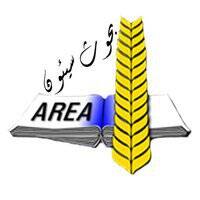
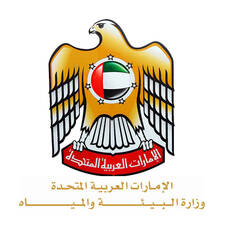

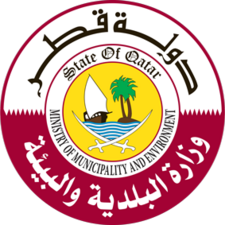



© 2026 International Center for Agricultural Research in the Dry Areas (ICARDA)